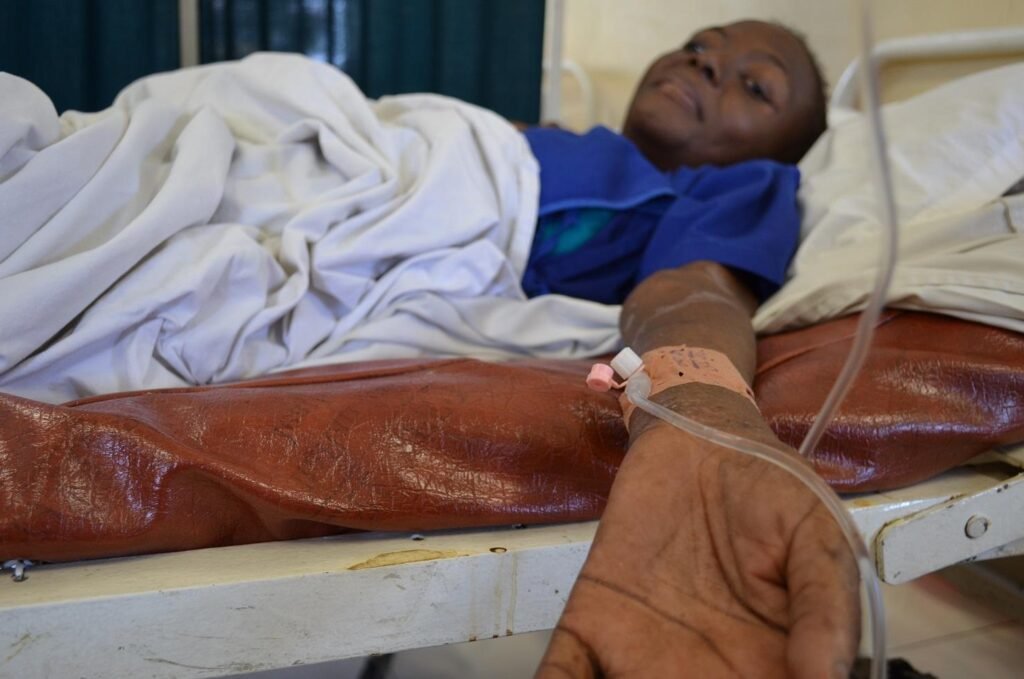General News
HIV Patients Compelled To Stop Therapy Due To Out-of-Pocket Costs

Health facilities have been urged by the Ghana AIDS Commission (GAC) to take into account the condition of HIV-positive people and lower out-of-pocket expenses for HIV services.
This is because many of them are forced to stop receiving therapy as a result of the practice.
According to Dr. Kyeremeh Atuahene, the Director General of the Ghana AIDS Commission, the intervention was now essential because, just in 2021, over 32% of people living with HIV (PLHIV) stopped their medication because they couldn’t afford it.
Dr. Atuahene made the following remarks at the release and distribution of the National AIDS Spending Assessment (NASA) report for 2019, 2020, and 2021.
The National AIDS Strategy and Tracking (NASAT) details the cash flow, actual disbursements, and expenditures on HIV and AIDS programs.
It identifies and addresses funding shortfalls while outlining the money flow and expenditures for HIV and AIDS-related health and non-health activities for the time period.
According to him, out-of-pocket costs for PLHIV and households have climbed over the past three years, rising from about 22 million dollars in 2019 to nearly 28 million dollars in 2020 and roughly 32 million dollars in 2021.
The Director General said that these “catastrophic expenditures” had an impact on households, people living with HIV, and PLHIV, as well as the number of fatalities from HIV in the nation.
“It is very concerning because the policy of the government is that, the full range of HIV services from testing to treatment and the entire scope of case management is supposed to be free,” he emphasized.
However, the Director General claimed that because of difficulties with slow NHIS budget flows to service providers and other connected problems, such as laboratory services, PLHIVs were forced to pay.
In light of this, the Director General pleaded with the government, in particular the Ministry of Finance, to see to it that NHIS received its releases on schedule and in the appropriate amount.
Furthermore, he claimed that instances in which PLHIV stopped their treatment amply demonstrated the growing disparities in access to HIV care and to health services in general.
Interestingly enough, according to Dr. Atuahene, the situation undermines the goals and efforts to end HIV and AIDS by the year 2030 as well as vows to leave no one behind and must be corrected in a nation committed to obtaining universal health care.
To tat effect, he stated that it was crucial for the government and the populace to collaborate in order to accomplish these goals, and for that to happen, there should be no restriction on access to healthcare services, particularly for those with HIV.
Conclusion
Stay tuned for more interesting news updates.











![JUST IN: Bibiani-Ahwiaso MCE Dead After A Tragic Accident [VIDEO]](https://enewsghana.com/wp-content/uploads/2022/07/FotoJet-1-5-80x80.jpg)
!["I Am One Of The Black Stars" - Inaki Williams Says As he announces Nationality Switch [WATCH]](https://enewsghana.com/wp-content/uploads/2022/07/Imaki-80x80.jpg)